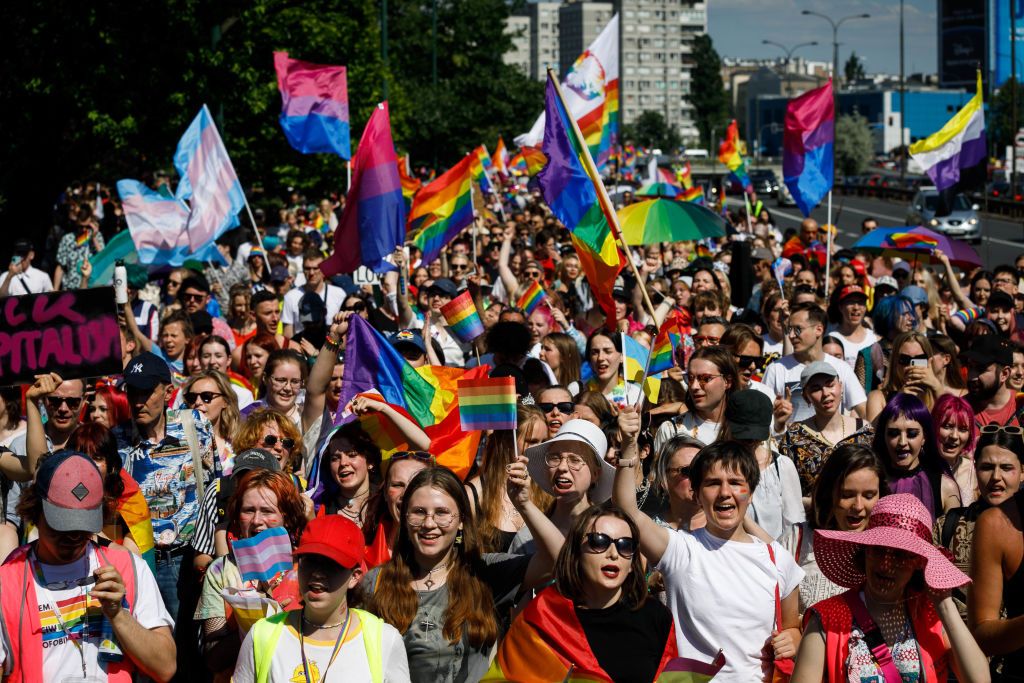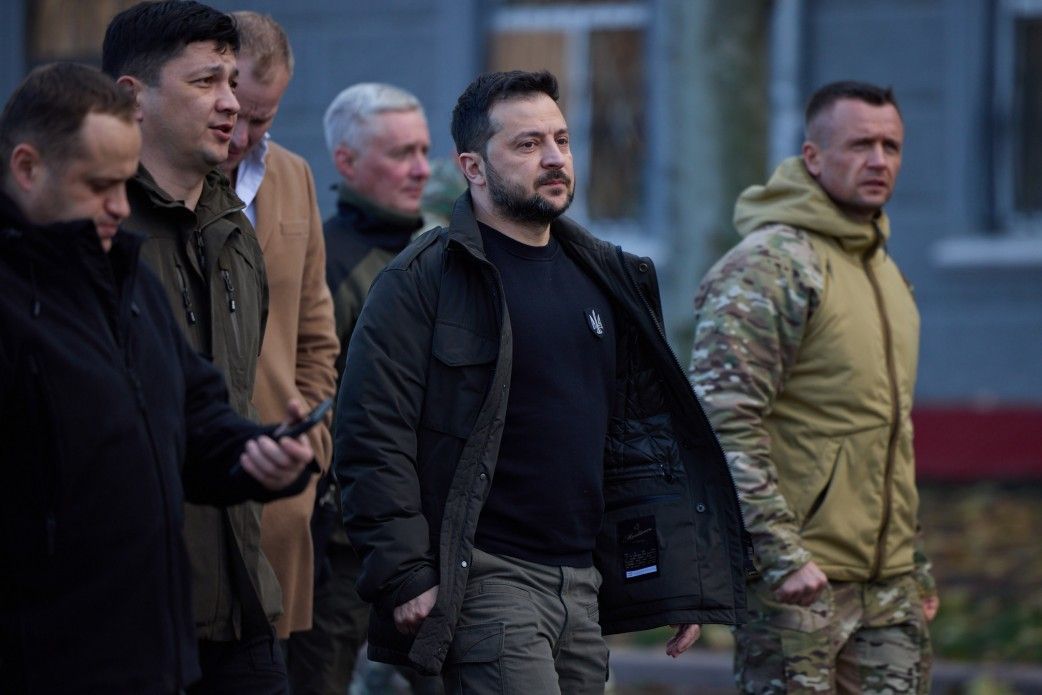Russia's Supreme Court declares 'LGBT movement' an 'extremist organization'

Russia's Supreme Court declared the "international LGBT social movement" to be an "extremist organization" on Nov. 30 and banned its activities.
The decision was announced by Supreme Court Judge Oleg Nefedov, who took five hours behind closed doors to issue the ruling.
A correspondent for the independent Russian media outlet Mediazona said earlier on Nov. 30 that the hearing was closed to the public and that only representatives of Russia's Justice Ministry were allowed in the courtroom.
Defendants for the "international LGBT movement" were not able to participate in the proceedings.
It is not clear what precisely the court means by the "international LGBT movement" and if the newly announced ban applies to any specific organizations or the entire LGBT community, including those who are not affiliated with any organized group.
Russia has previously banned groups of people, ideologies, or ideas without strictly defined structure or membership. Russian President Vladimir Putin signed a law in 2018 banning so-called "Columbine communities" that allegedly promote school shootings.
The Kremlin's crackdown on gay rights intensified following the full-scale invasion of Ukraine on Feb. 24, 2022. The government passed legislation banning the public expression of LGBT identity in Russia on Dec. 5, 2022.
The law criminalized what it calls "propaganda" related to "non-traditional sexual relations" in media.
The Russian State Duma targeted the transgender community the following year, banning gender-affirming care in July 2023.
Putin has rhetorically linked his anti-gay and anti-trans policies to the invasion of Ukraine. He included remarks against the LGBT community in a ceremony held on Sept. 30, 2022, to formally announce the illegal annexation of Ukraine's Zaporizhzhia, Donetsk, Luhansk, and Kherson oblasts.
"Do we really want perversions that lead to degradation and extinction to be imposed in our schools from the primary grades?" Putin said in his address.
It is not immediately clear to what extent this decision will have on the daily lives of LGBT Russians, although some experts believe it will essentially make it impossible for any advocacy or political groups to operate.
Due to the nature of the ruling, it may be possible for the extremist branding to be used to anonymously out people, enabling "virtually anyone to denounce a gay person as an extremist."












